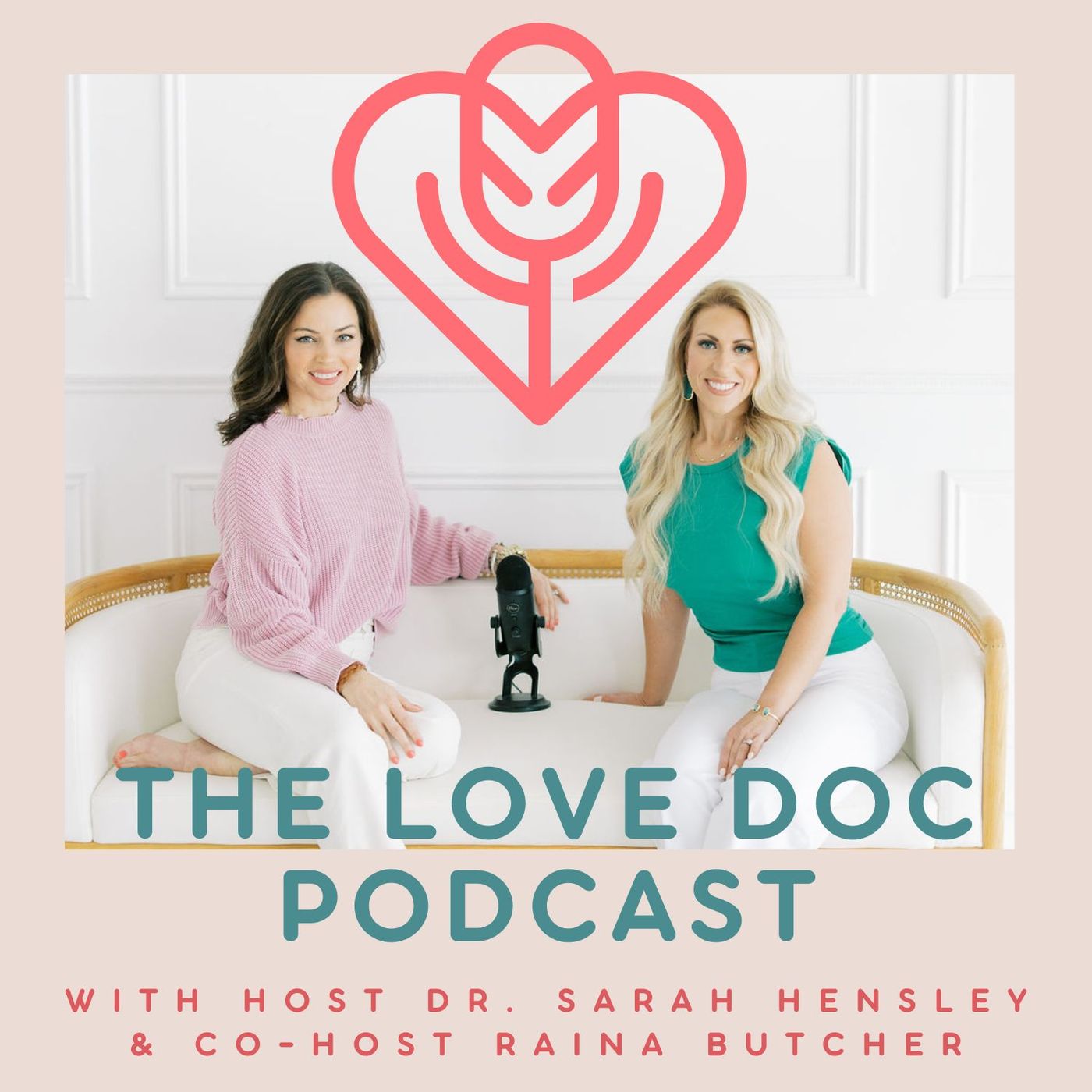Podcast Episode Details
Back to Podcast Episodes
Episode 19, Season II: “Attachment Across the Generations: How Our Past Shapes Our Present”
Season 2 Episode 19
Hosted by Dr. Sarah Hensley, Specialized Social Psychologist, Attachment Theory Expert, and Founder & CEO of The Love Doc Relationship Coaching Services with Co-host Raina Butcher, Owner/CEO of Joyful Consulting, LLC.
Welcome to "The Love Doc Podcast" Season II, where Host Dr. Sarah Hensley and her co-host Raina Butcher dive deep into the intricacies of love, attraction, attachment, relationships, and self-awareness. Dr. Hensley brings a wealth of knowledge and experience to help listeners navigate the complexities of modern romance. In each episode, Dr. Hensley tackles burning questions about love, relationships, and the mind’s complexities, drawing from her psychological research, real-life experiences, and her own individual expertise, to provide insightful perspectives and practical advice.
Episode 19, Season II: “Attachment Across the Generations: How Our Past Shapes Our Present”
In this episode of The Love Doc Podcast, Dr. Sarah Hensley dives into a thought-provoking exploration of how attachment styles have been shaped and reshaped across multiple generations. While research in this area is still developing, Dr. Hensley shares her insights, blending the data we do have with her own professional expertise and observations from years of working with clients. Together, she and Raina reflect on how cultural norms, economic conditions, and parenting trends have influenced the way each generation both experiences and passes down attachment.
We begin with The Greatest Generation aka the Silent Generation (1928–1945), who were shaped by the Great Depression and World War II. Their attachment strategies often leaned toward survival, self-sacrifice, and stoicism—traits that helped them endure hardship but often left emotional needs unspoken. This foundation directly influenced the Baby Boomers (1946–1964), who grew up in a time of post-war prosperity, suburban expansion, and cultural shifts. While this generation had greater stability, many were raised by emotionally distant parents still carrying war scars, creating a paradox of material abundance alongside emotional gaps.
Next, we move to Generation X (1965–1980), often called the “latchkey kids.” With both parents working and divorce rates climbing, many Gen X children learned independence early but often struggled with consistent emotional attunement at home. This set the stage for Millennials (1981–1996), who came of age in a rapidly globalizing world of technology, economic instability, and shifting social values. Millennials were raised with more open conversations about emotions but also felt the weight of high expectations, student debt, and uncertain futures—all of which influence how they form and sustain attachments today.
Finally, we turn to Gen Z (1997–2012) and Gen Alpha (2013–present), the most digital-native generations. Gen Z has grown up amidst political polarization, social media pressures, and the mental health crisis, shaping a cohort that is both highly self-aware and often highly anxious. Gen Alpha, still in childhood, is being raised by Millennials who are more intentional about emotional intelligence, attachment security, and breaking cycles—but also parenting in a world defined by technology, climate concerns, and shifting cultural landscapes.
Dr. Hensley and Raina bring compassion and clarity to this conversation, showing how the ripple effects of one generation’s experiences can echo for decades. At the heart of the discussion is a message of hope: while each generation carries wounds, each also has the opportunity to break cycles, build secure attachments, and create healthier family units for the future.
Tune in to "The Love Doc Podcast" every Tuesday morning for candid conversations, expert guidance, and a deeper understanding of life, love and relationships in the modern world. To see all of Dr. Hensley’s services please visit the links below and follow her on
Published on 1 month ago